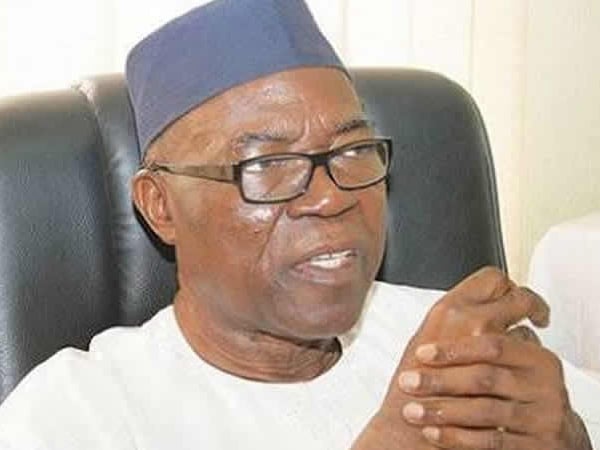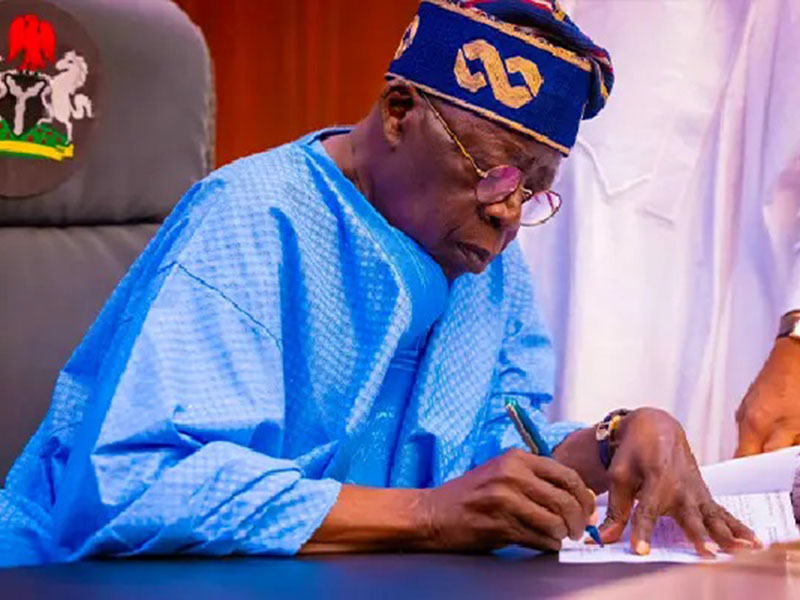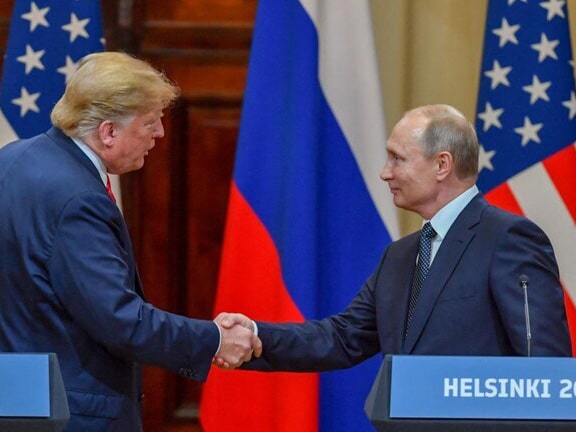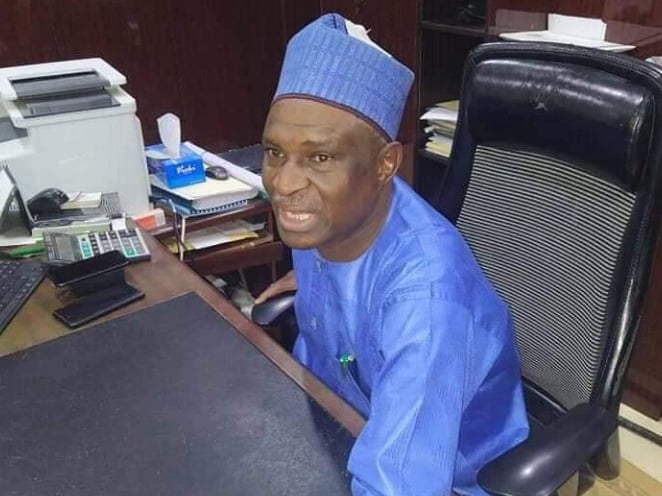US President Donald Trump has intensified pressure on Russian President Vladimir Putin to negotiate a peace deal with Ukraine, warning of stricter economic measures if Moscow fails to end the ongoing conflict. In a Truth Social post, Trump urged for swift action, emphasizing his goal to resolve the war quickly, a pledge he made before starting his second term.
"If we don’t make a deal soon, I’ll have no choice but to impose high taxes, tariffs, and sanctions on all Russian goods sold to the United States and other participating countries," Trump wrote. He insisted he wasn’t aiming to harm Russia and highlighted his previously positive relationship with Putin. However, he warned that if the war continues, the situation would worsen for Russia.
"Let’s end this war, which never would have started if I were president. We can do this the easy way or the hard way, but it’s time to make a deal," Trump added.
Despite existing sanctions imposed by his predecessor, Joe Biden, Trump hinted at additional measures to pressure Moscow. Trade between the United States and Russia has already significantly declined, with imports from Russia dropping from $4.3 billion in 2023 to $2.9 billion in 2024, according to the US Department of Commerce. Key imports, such as fertilizers and precious metals, remain among the top products traded.
Trump’s remarks mark one of his toughest stances on Putin since his return to office, despite earlier concerns that he might push Ukraine rather than Russia into making concessions. During a White House press conference, Trump suggested he was considering further sanctions if Putin refused to negotiate but refrained from confirming whether he would continue Biden’s policy of providing Ukraine with military aid. "We’re looking at that," he said, mentioning upcoming talks with both Ukrainian President Volodymyr Zelensky and Putin.
Trump has also expressed plans to meet with Putin soon, echoing the Helsinki summit from his first term. Before his inauguration, Trump had promised to end the Ukraine conflict "within 24 hours," fueling expectations that he might pressure Ukraine to make territorial concessions to Moscow. However, his ambitious pledge has yet to yield results.
In a rare critique of Putin earlier this week, Trump accused the Russian leader of "destroying Russia by not making a deal." He claimed Zelensky expressed willingness to negotiate a peace agreement, while Putin congratulated Trump on his inauguration and signaled openness to dialogue for a resolution that would ensure lasting peace.
Trump’s relationship with Putin has long been a point of contention, with some US Christian conservatives admiring Putin’s traditional values and leadership style. While Trump continues to dismiss allegations of collusion between his 2016 campaign and Russia as a "hoax," investigations led by special counsel Robert Mueller resulted in convictions for several members of his campaign, though no evidence of criminal conspiracy with Russia was found.












